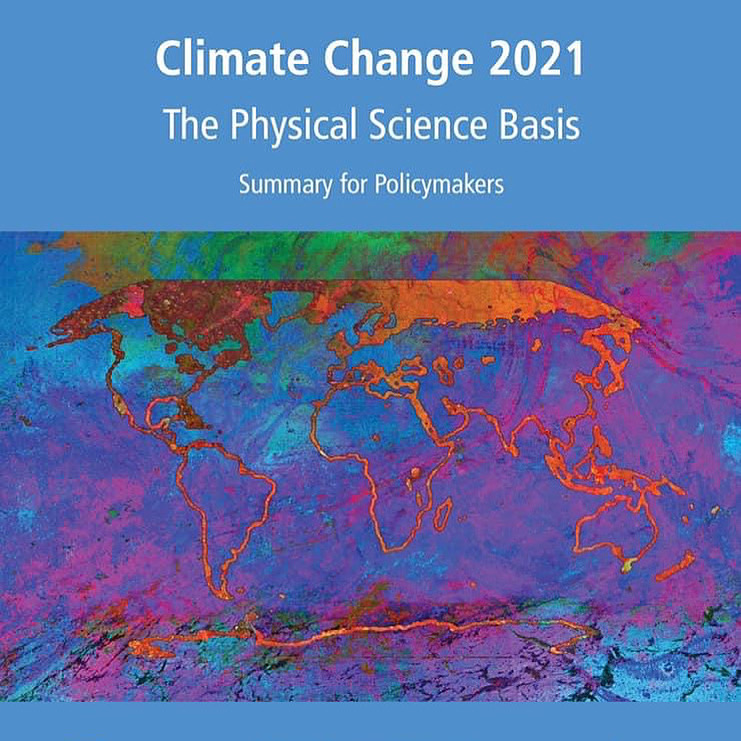Following the deaths and destruction from floods and fires in Europe, it has become abundantly clear that there are consequences to unsustainable development.
States have responded to the increasingly obvious threat by establishing goals and targets. However this problem can not be solved without significant changes to infrastructure, and these changes require “joined up thinking”.
Increasing the cost of car ownership is viable, but only if genuine public transport alternatives are provided. Increasing the cost of releasing CO2 for heating is viable, but only if people can avail of improved insulation, waste heat from power generation or incineration can be recovered for heating homes. Forcing people to choose between adaquate heating and food will lead to justified resentment and conflict and will ultimately fail.
The only way to join up the dots is with a public planning programme of direct infrastructure development. This development plan should utilise public funds to cary out the development by dealing with the greatest contributors to the problem first. We need a peoples’ plan for creating a sustainable economy that works for working people.
We need:
- Reduce CO2 from electricity: Increase in CO2-free power generation, pumped water storage facilities and improvements to the grid to ensure stability and expansion which will be required for increased electrification.
- Increased rail goods transport: Rail is much more efficient for goods transport and removing lorries from the roads will reduce congestion.
- Radically increased public transport: An expansion of rail and light rail, encouraging more efficient electrified travel, and the expansion of bus routes where this is not possible. All services should be provided free where possible to encourage usage.
- Combined heat and power: Recovering waste heat from power generation to provide industrial process heat or domestic and office heating.
- Insulation: Stringent insulation requirements on all new builds and a public funded programme to retrofit existing housing stock.
- Increased housing density: Flats facilitate increased heating efficiencies, enable combined-heat and power, and will be coupled with an increase in city green-space which acts as a CO2 sync.

